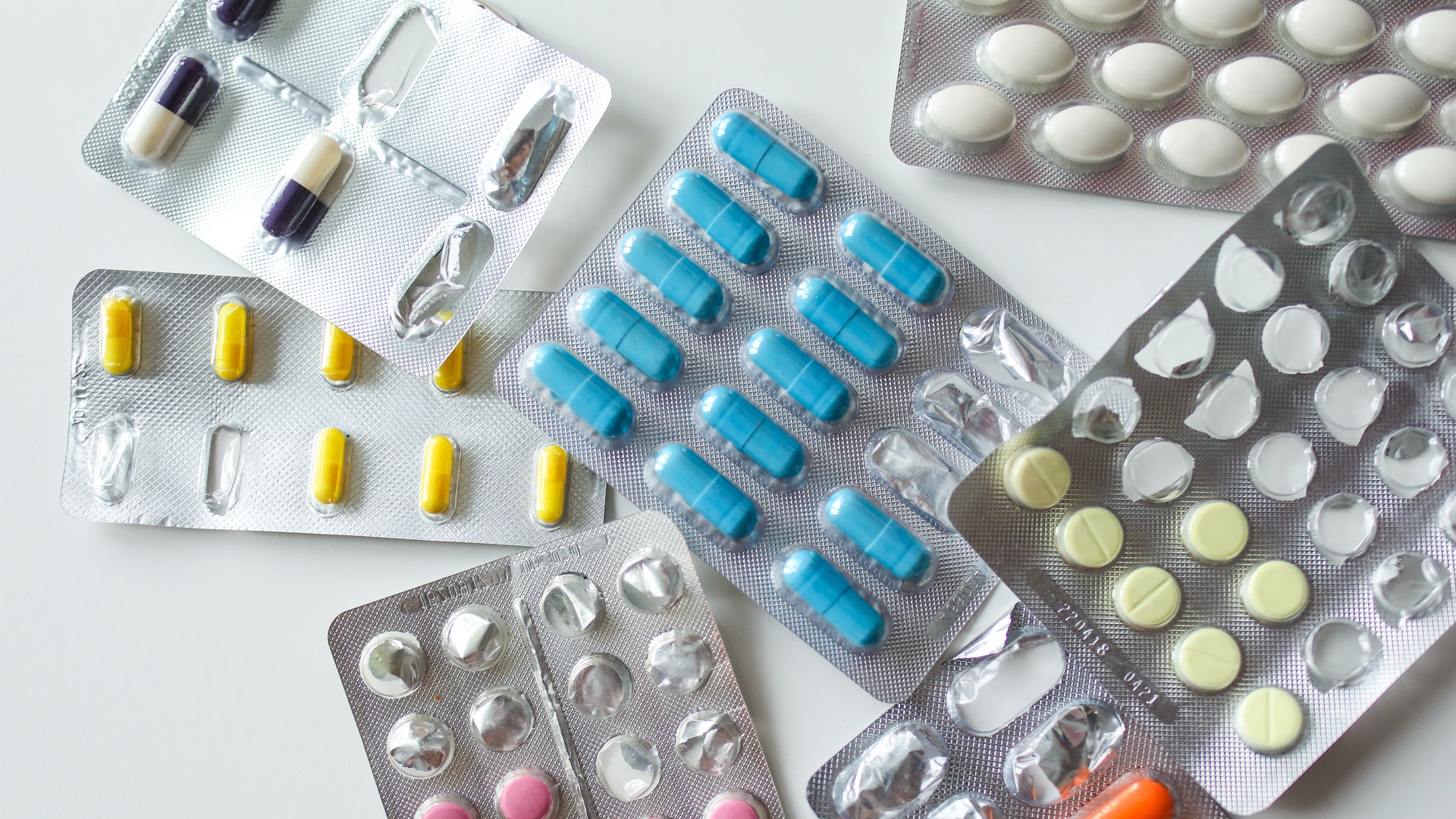
Addiction is a lot like other diseases, such as heart disease. Both disrupt the normal, healthy functioning of an organ in the body, both have serious harmful effects, and both are, in many cases, preventable and treatable. If left untreated, they can last a lifetime and may lead to death.
Why do people take drugs?
In general, people take drugs for a few reasons:
To feel good. Drugs can produce intense feelings of pleasure. This initial euphoria is followed by other effects, which differ with the type of drug used. For example, with stimulants such as cocaine, the high is followed by feelings of power, self-confidence, and increased energy. In contrast, the euphoria caused by opioids such as heroin is followed by feelings of relaxation and satisfaction.
To feel better. Some people who suffer from social anxiety, stress, and depression start using drugs to try to feel less anxious. Stress can play a major role in starting and continuing drug use as well as relapse (return to drug use) in patients recovering from addiction.
To do better. Some people feel pressure to improve their focus in school or at work or their abilities in sports. This can play a role in trying or continuing to use drugs, such as prescription stimulants or cocaine.
Curiosity and social pressure. In this respect, teens are particularly at risk because peer pressure can be very strong. Adolescence is a developmental period during which the presence of risk factors, such as peers who use drugs, may lead to substance use.
If taking drugs makes people feel good or better, what’s the problem?
Image
When they first use a drug, people may perceive what seem to be positive effects. They also may believe they can control their use. But drugs can quickly take over a person’s life. Over time, if drug use continues, other pleasurable activities become less pleasurable, and the person has to take the drug just to feel “normal.” They have a hard time controlling their need to take drugs even though it causes many problems for themselves and their loved ones. Some people may start to feel the need to take more of a drug or take it more often, even in the early stages of their drug use. These are the signs of an addiction.
Even relatively moderate drug use poses dangers. Consider how a social drinker can become intoxicated, get behind the wheel of a car, and quickly turn a pleasurable activity into a tragedy that affects many lives. Occasional drug use, such as misusing an opioid to get high, can have similarly disastrous effects, including impaired driving and overdose.
Do people choose to keep using drugs?
The initial decision to take drugs is typically voluntary. But with continued use, a person’s ability to exert self-control can become seriously impaired. This impairment in self-control is the hallmark of addiction.
Brain imaging studies of people with addiction show physical changes in areas of the brain that are critical to judgment, decision-making, learning and memory, and behavior control.12 These changes help explain the compulsive nature of addiction.
No single factor determines whether a person will become addicted to drugs.
Why do some people become addicted to drugs, while others do not?
As with other diseases and disorders, the likelihood of developing an addiction differs from person to person, and no single factor determines whether a person will become addicted to drugs. In general, the more risk factors a person has, the greater the chance that taking drugs will lead to drug use and addiction. Protective factors, on the other hand, reduce a person’s risk. Risk and protective factors may be either environmental or biological.